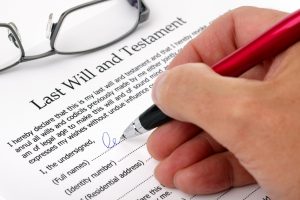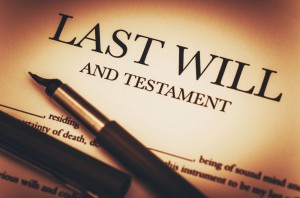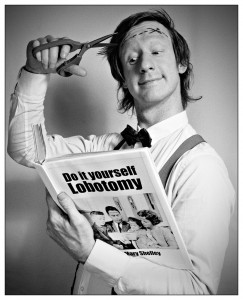One of the most common ways for a will contest to emerge is to have a track record of changing or revoking your will. This is not to say that you cannot update materials you’ve put together previously, but simply that you should do so with care. Your will should be reviewed on a regular basis to ensure it’s still in line with your wishes, but it’s important to verify that you’re following the best practices in the industry when revoking your will so that it would be difficult for someone to argue down the road that your current will is invalid. 
One of the primary reasons why you might want to change your will is because your relationship with charities, friends, and family members are capable of changing all the time. When you initially put your will together, it may be part of a clear plan to leave behind certain assets to particular people. Over time, however, these needs may evolve. An old will that is mostly full of outdated information should be revoked. The good news you should be aware of is that it’s typically easier to revoke a will or to change one than to create one from scratch. Sitting down with your estate planning attorney can help prompt questions about why you want to revoke the old will and what your new document should contain instead.
Revoking a will makes the old one invalid. It’s a good idea to set up an appointment with your estate planning lawyer if you intend to move forward with this step. If you do not put together a valid will, people may allege after you pass away that your new will is inaccurate and therefore your old will may still remain viable for pursuing the distribution of your property. Making a big change like revoking your will is something that should be done with the guidance of an experienced estate planning lawyer in NJ who can tell you more about what you need to consider both when terminating the old will and putting together the new one. Details matter in this process, so it’s important to have a lawyer you can trust.

 planning and therefore expose themselves and their beneficiaries to unnecessary confusion and frustration. People make plenty of excuses about why they do not engage in their estate planning. According to a Gallup survey completed last year, half of all Americans do not have a will.
planning and therefore expose themselves and their beneficiaries to unnecessary confusion and frustration. People make plenty of excuses about why they do not engage in their estate planning. According to a Gallup survey completed last year, half of all Americans do not have a will.















